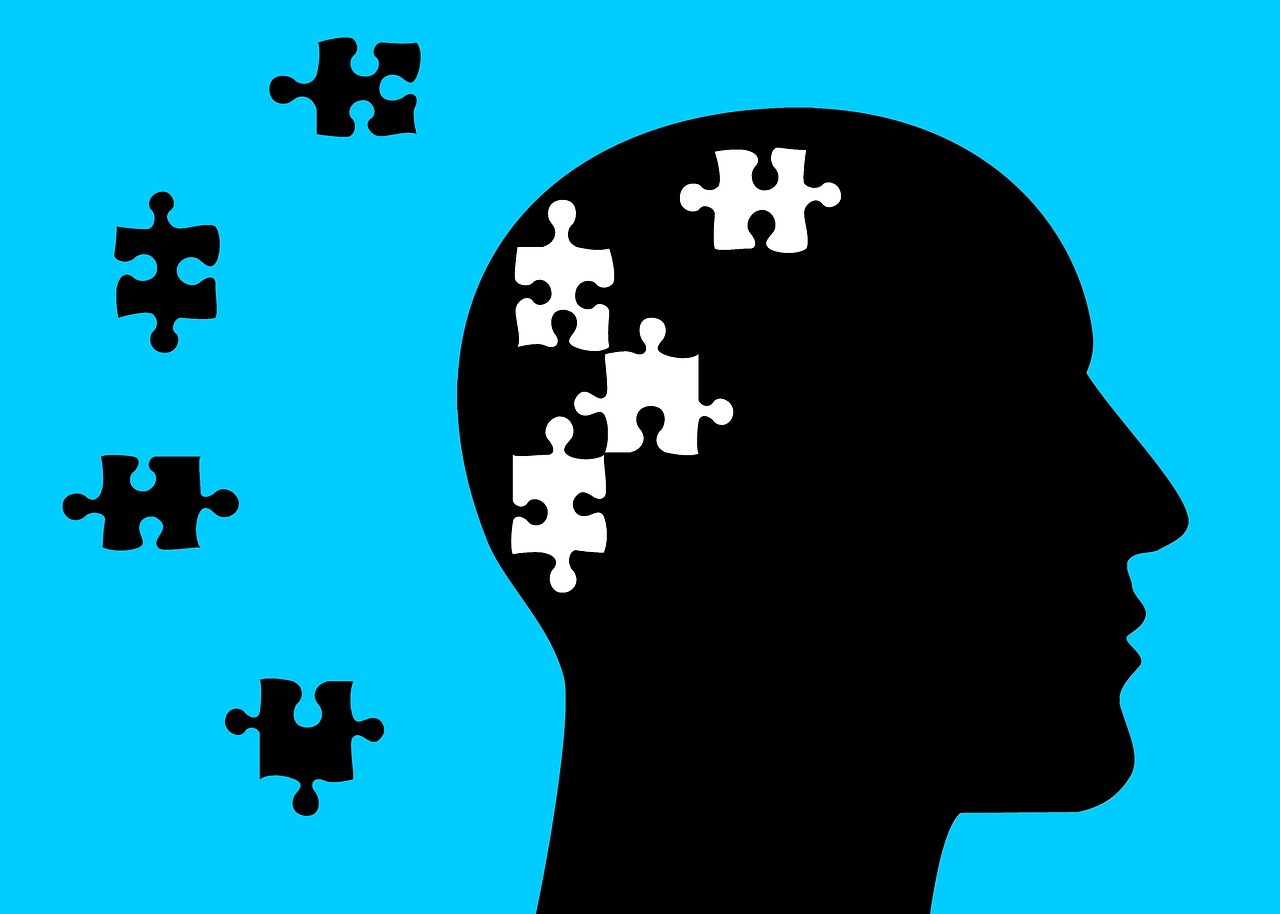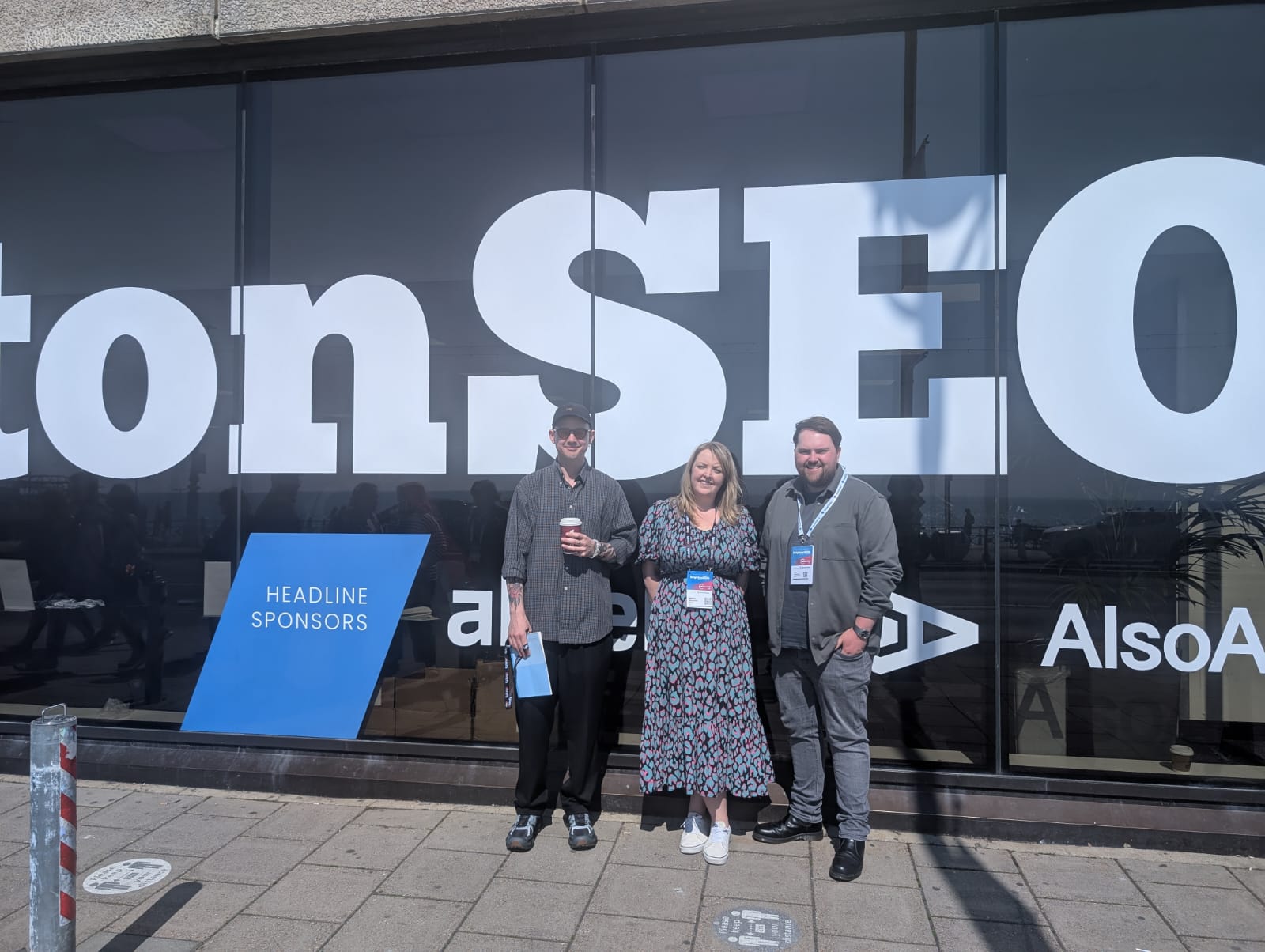No more FOMO: the magic of missing out

What is FOMO? The acronym stands for “fear of missing out” and refers to a nagging feeling that others may be having more rewarding experiences. This causes social anxiety which compels us to stay connected to social networks. If uncontrolled, FOMO can lead to more stress, lower levels of attention, or even contribute to more serious mental health issues.
Having recently focused on mental health at Aspectus, it feels like a good time to reflect on FOMO and what it can mean for professionals in our sector.
The phenomenon of FOMO has probably been shared by all generations but is it different this time? Many would claim that modern technology, particularly ubiquitous social media, makes FOMO a more serious challenge. Social media encourages us to receive instant gratification in the form of likes and reactions, which can often lead to competition and comparison with others.
If FOMO is – at least in part – down to the compulsion to stay constantly connected, then it’s easy to see why it may be of concern for PR and communications professionals. Our careers depend on being in tune with both social and traditional media, always looking for opportunities for our clients. We can’t switch off from that. Coupled with intense time pressures and a performance-driven environment, FOMO is a real potential risk factor to mental health in our industry.
Mental health awareness rightly becomes an important part of businesses. At Aspectus, we take mental health seriously. Just last year our CEO Alastair Turner signed The Time to Change Employer Pledge and we’re working on making sure Aspectus has the mechanisms to support its employees more through initiatives such as Mental Health Awareness Month and the Aspectus Mental Health Charter. This May, for instance, we encouraged our staff to commit to regular meditation.
The right strategies can certainly help us ease some tensions and improve wellbeing. Let me share with you some strategies that I use to deal with FOMO and anxiety more effectively:
- First and foremost, acknowledge the feeling. It is key that people are aware of their anxiety, study the way it appears and disappears, and they reflect on the triggers of the feeling. Noting down your feelings is helpful – this is something that cognitive behavioural therapists do with their patients on a regular basis.
- Meditation and mindfulness can greatly help to observe your emotions. You might try apps such as Calm or Headspace which give users a comprehensive experience of mindfulness, organised meditation routines and daily reminders.
- As PR professionals, we’re always connected to news streams but we should think of other activities which can broaden our horizons and help us relax. Apart from reducing your screen time (as much as it is possible), try some reading for leisure, gym, going for walk, or other creative hobbies.
- Practising gratitude is key to stop self-pity attitude or unhealthy comparisons. An interesting exercise I tried this year was to buy a desk calendar with separate pages for each day which I tear out to write down good things that happened that day, fold it up and put in a box which I will open on New Year’s Eve. It is an alternative to a gratitude diary, though with the same purpose in mind: to switch off negative emotions by collecting positive memories.
So, is missing out on some experiences sometimes a good idea? We might try to live up to the expectations of being constantly available for all the exciting opportunities out there, but this may quickly burn us out.
As PR professionals, we can’t disconnect from the news cycle, but we can broaden our sources. Reading something different from time to time can be refreshing in itself, as well as providing a new perspective, supplementary knowledge, or inspiring the creative hook for some content or a campaign. As an old saying goes: “a change is as good as a rest”. Perhaps, when it comes to the media, that’s key for PR professionals in FOMO.

